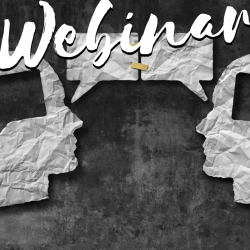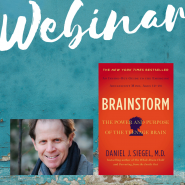Healing from Trauma
$15.00
Product Description
In this 90-minute Webinar, Dr. Lisa Firestone will focus in on tools, techniques, and treatments for recovering from trauma. Her presentation will include:
- Introduction to psychological first aid, which can be used in or following a crisis
- Description of the use of creating a coherent narrative as a method to resolve trauma
- Toolkit of techniques for calming down overwhelming emotional reactions
- Emphasis on the practice of self-compassion
- Approach to enhancing emotional resilience to reframe thinking around a traumatic experience
Whether someone is a first-responder in an emergency, a victim of violence, or a survivor of an emotionally stormy childhood, many individuals have been impacted by trauma. When a traumatic incident occurs, the first thing we need to do is to address a person’s primary survival needs and make them feel safe. The next step is to help the person process and resolve the trauma to lessen its impact on their life going forward.
A trauma may be what we call a big “T” Trauma like physical or sexual abuse, serious loss, or a life-threatening experience or a little “t” trauma, an event that wasn’t life-threatening but caused us personal, emotional distress and shifted how we saw ourselves and the world. Our response to any trauma, big or small, may be to want to shut it out or forget about it. However, research has shown that unresolved trauma can haunt us when we don’t feel the full pain of our experience and make sense of it.
Trauma affects people differently, with studies showing that people who’ve experienced early childhood trauma are more likely to suffer worse effects from a trauma later in life. What this tells us is that a person’s history matters when it comes to understanding their reaction to a potentially traumatic event and to designing a treatment approach for them. Unresolved trauma from one’s past can go on to affect them throughout their life. So, how can someone face, heal, and even grow from their trauma? How can trauma survivors go on to live happy, fulfilling lives?
Learning Objectives:
- Discuss a framework for helping clients resolve childhood traumas.
- Describe guidelines for how to help clients develop a coherent narrative for their life
- Identify the three key components of self-compassion












Reviews
There are no reviews yet.